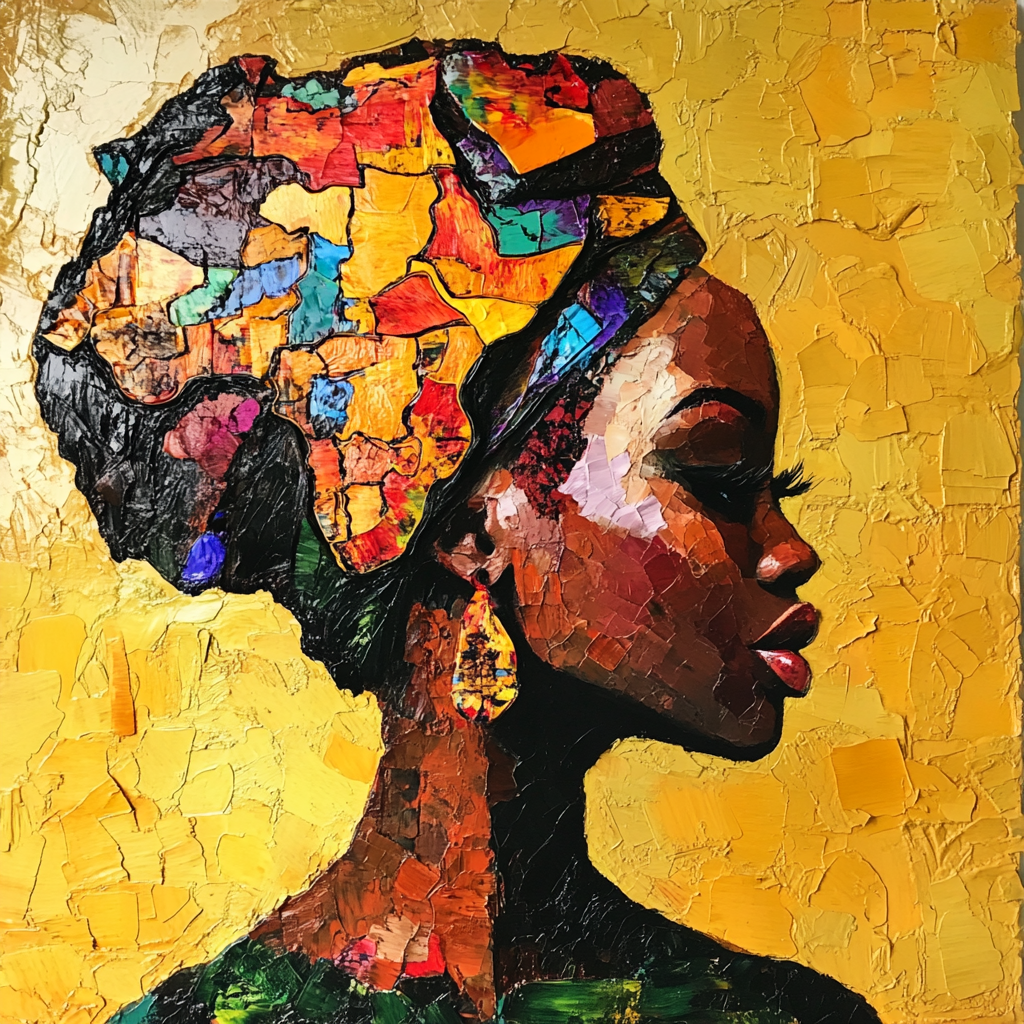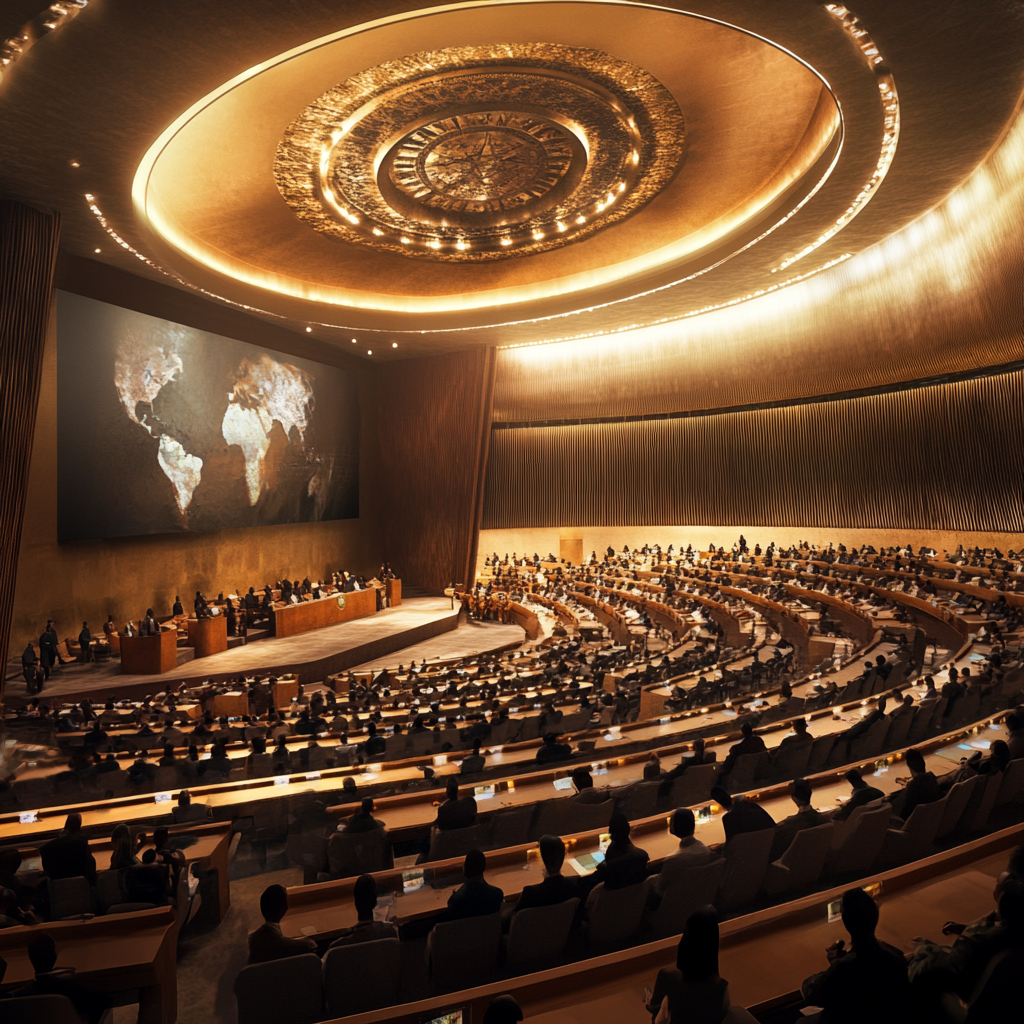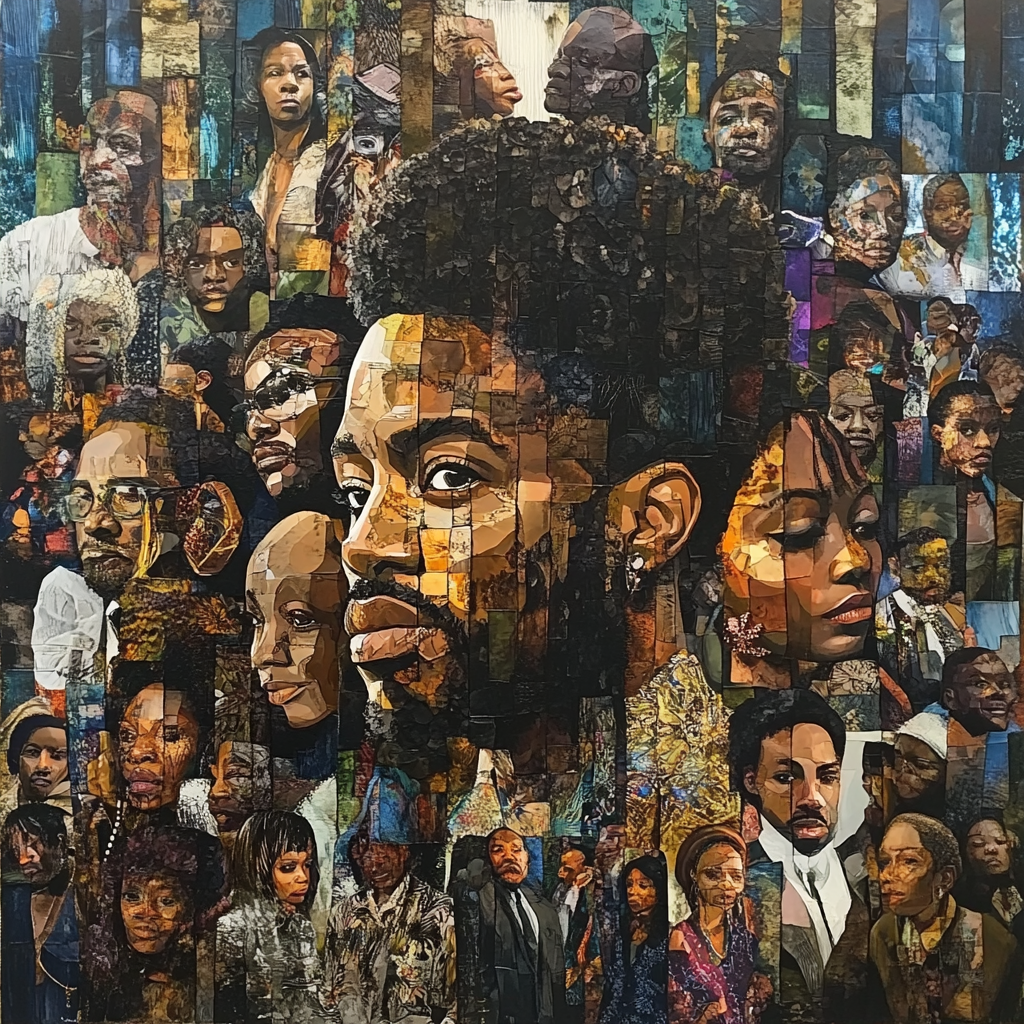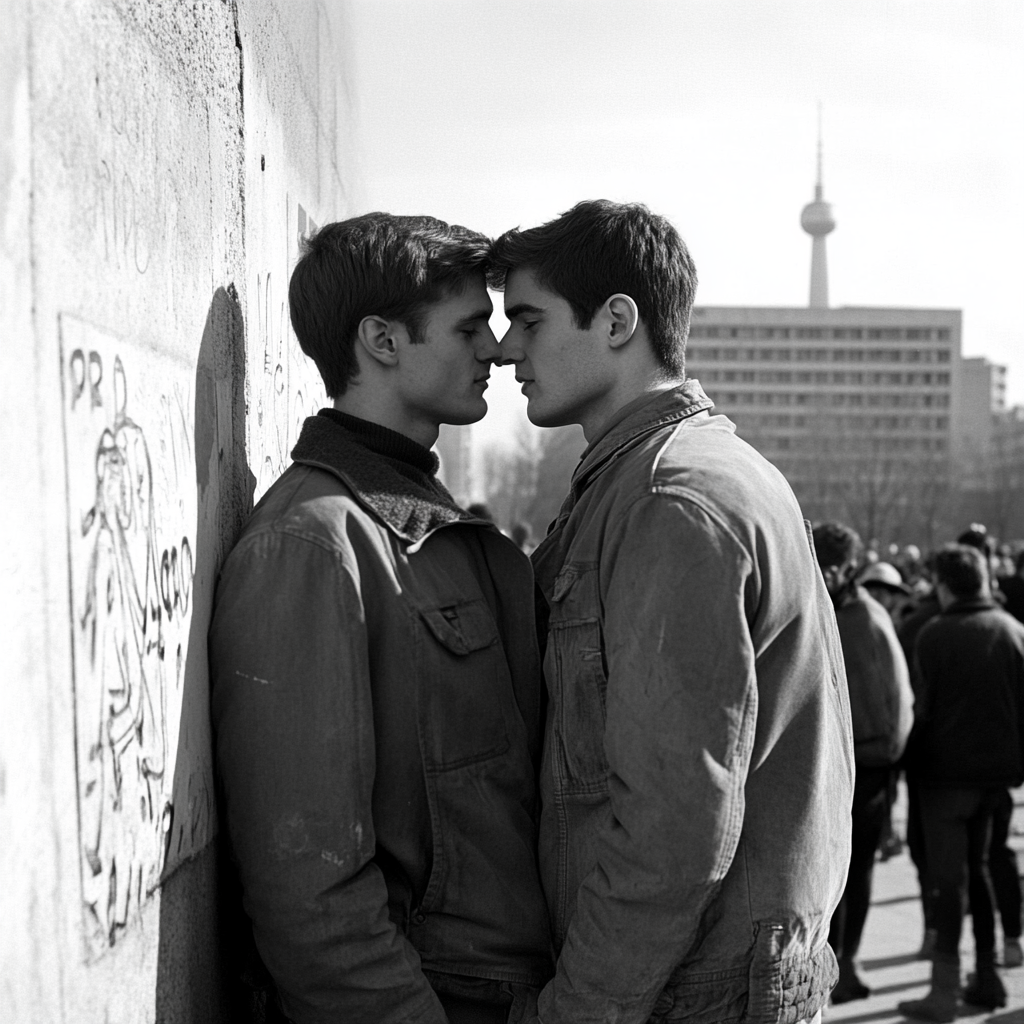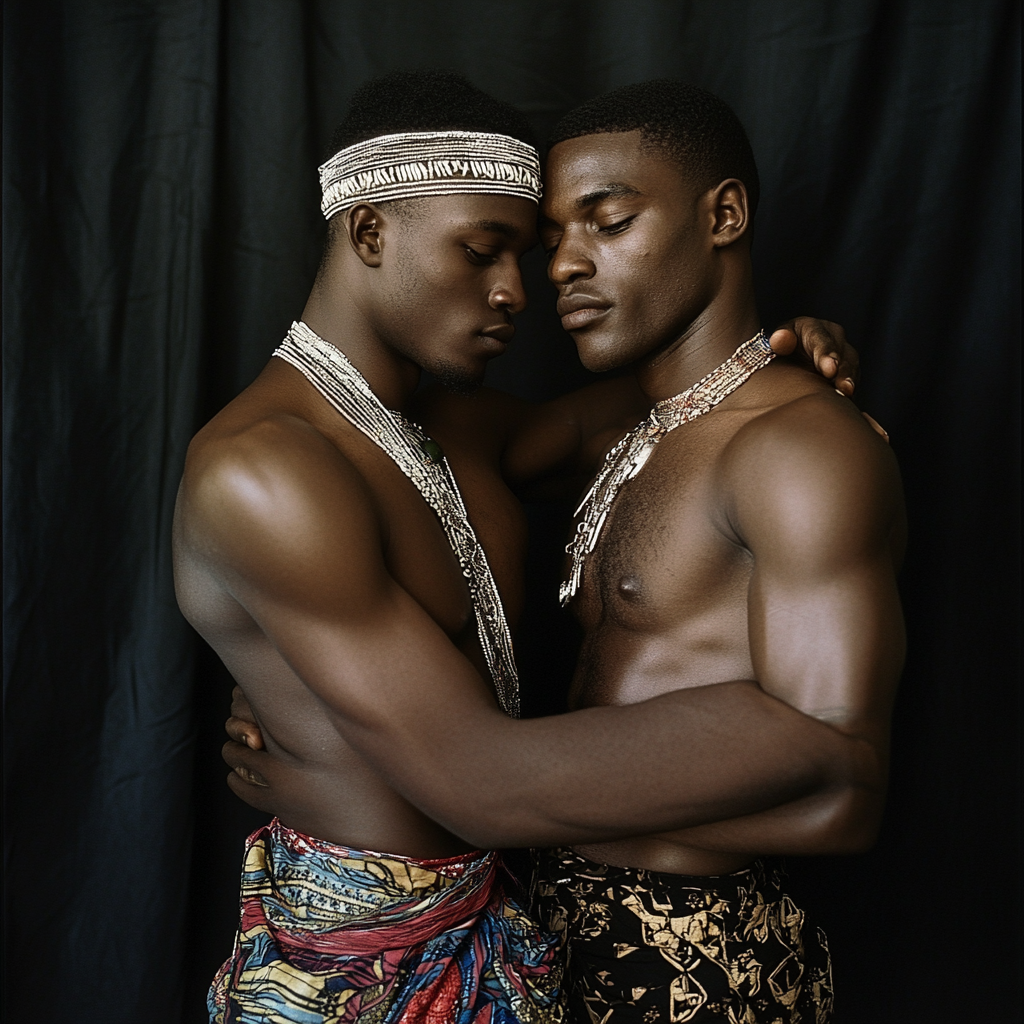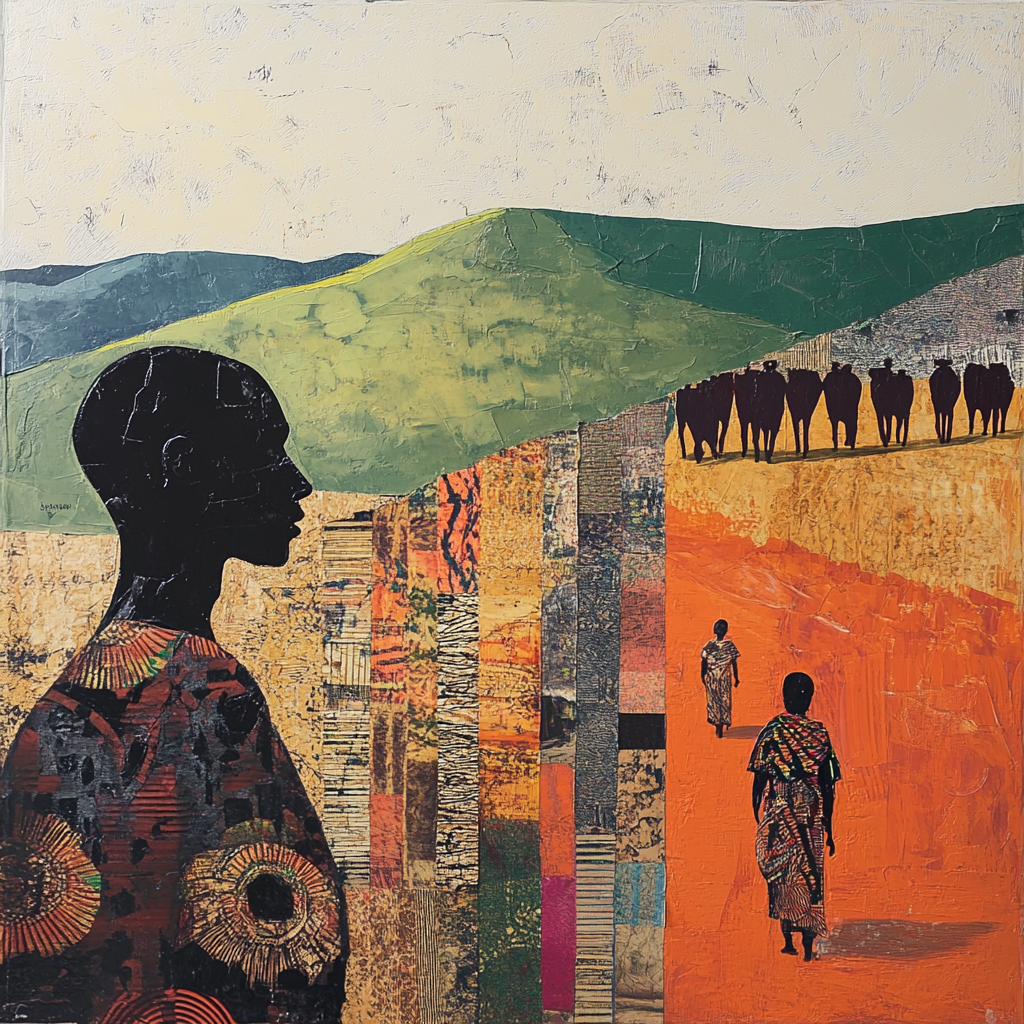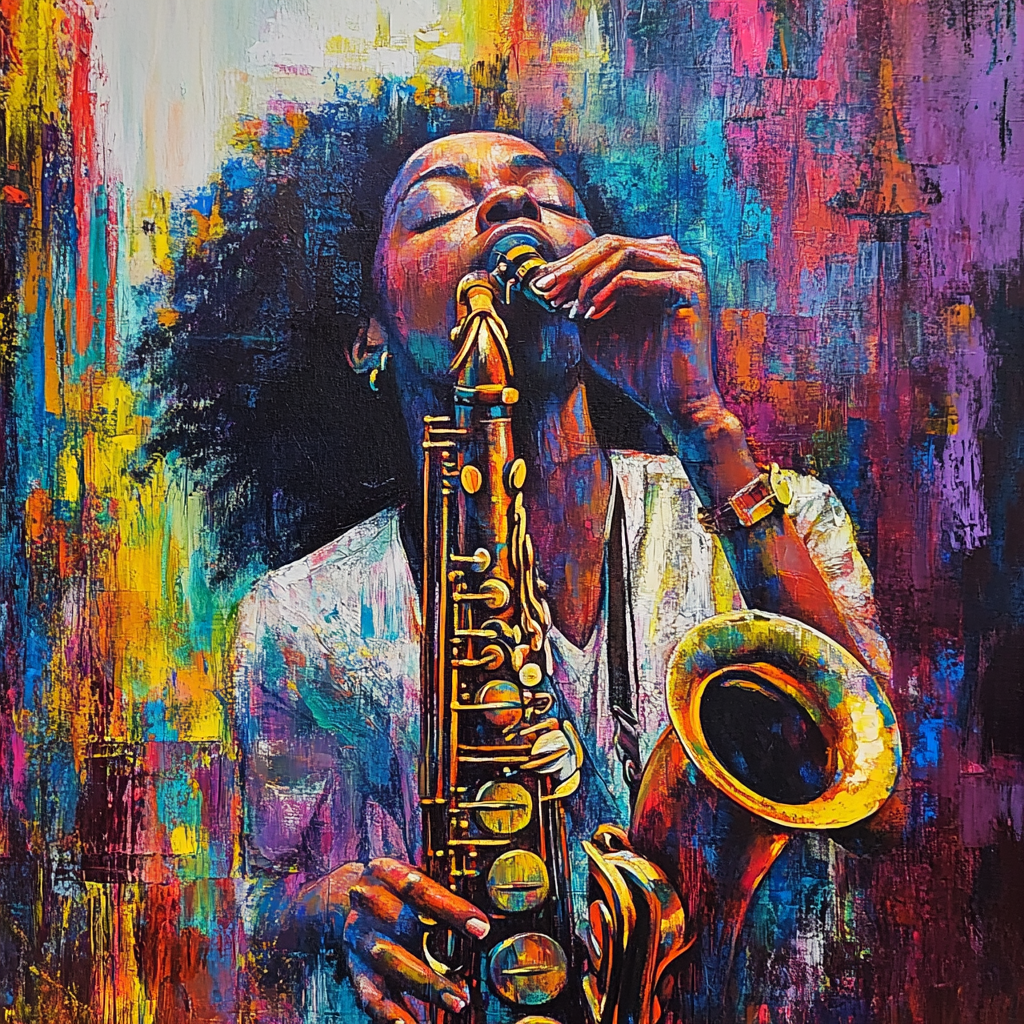
Witches were often female traditional doctors? The infamous witch hunts, which began in the late 1480s, were rooted in the systematic persecution of women practicing medicine and healing arts. This historical tragedy reflects not only the misogyny and power structures of the time but also the suppression of female medical professionals in favor of an emerging male-dominated field.

On April 7, 1994, the world witnessed the onset of one of the fastest genocides in human history. Over the course of 100 days, an estimated 800,000 lives were lost, with 70% to 80% of Rwanda's Tutsi population tragically exterminated.

Africa Day, celebrated annually on May 25th, marks the founding of the Organization of African Unity (OAU) in 1963, now known as the African Union (AU). It serves as a reminder of Africa's journey towards unity, freedom, and self-determination.

Have you ever wondered how the borders of African nations were formed? Why do they have such sharp turns and irregular lines? These borders were not shaped by the African population themselves but were instead imposed by European colonialists during the era of colonization.

Juneteenth, celebrated in the United States, marks the abolition of slavery and the emancipation of enslaved Africans in America. This historic day commemorates the end of slavery, specifically in Texas, the last state to implement the emancipation ruling after the Confederate States of America deemed slavery illegal in 1863
Neocolonialism, Decolonialism, and Postcolonialism are all theoretical frameworks related to the history and legacy of colonialism. They all have different phenomena in regards to colonialism and all important aspects in understanding power structures.

In the GDR, homosexuality was decriminalized in 1968, earlier than in many of the Federal States of Germany. However, this legal change did not lead to widespread social acceptance. The socialist government promoted a conservative, heteronormative family model, and homosexuality remained a taboo subject.

Homosexuality on the African continent has become a taboo topic in many modern contexts, with several African leaders, such as Uganda's Yoweri Museveni, claiming that LGBTQIA+ identities are a Western import and go against "African culture.

These lines reflect identities lost, formed, and sometimes rediscovered. In Africa, they tell tales of geography intertwined with a complex history, one fragmented by foreign hands.

During the colonial era, enslaved Africans found profound solace in spirituals such as "Wade in the Water" and "Swing Low, Sweet Chariot". These songs were not merely melodies but lifelines-expressions of hope, determination, and the pursuit of joy amidst unspeakable adversity



